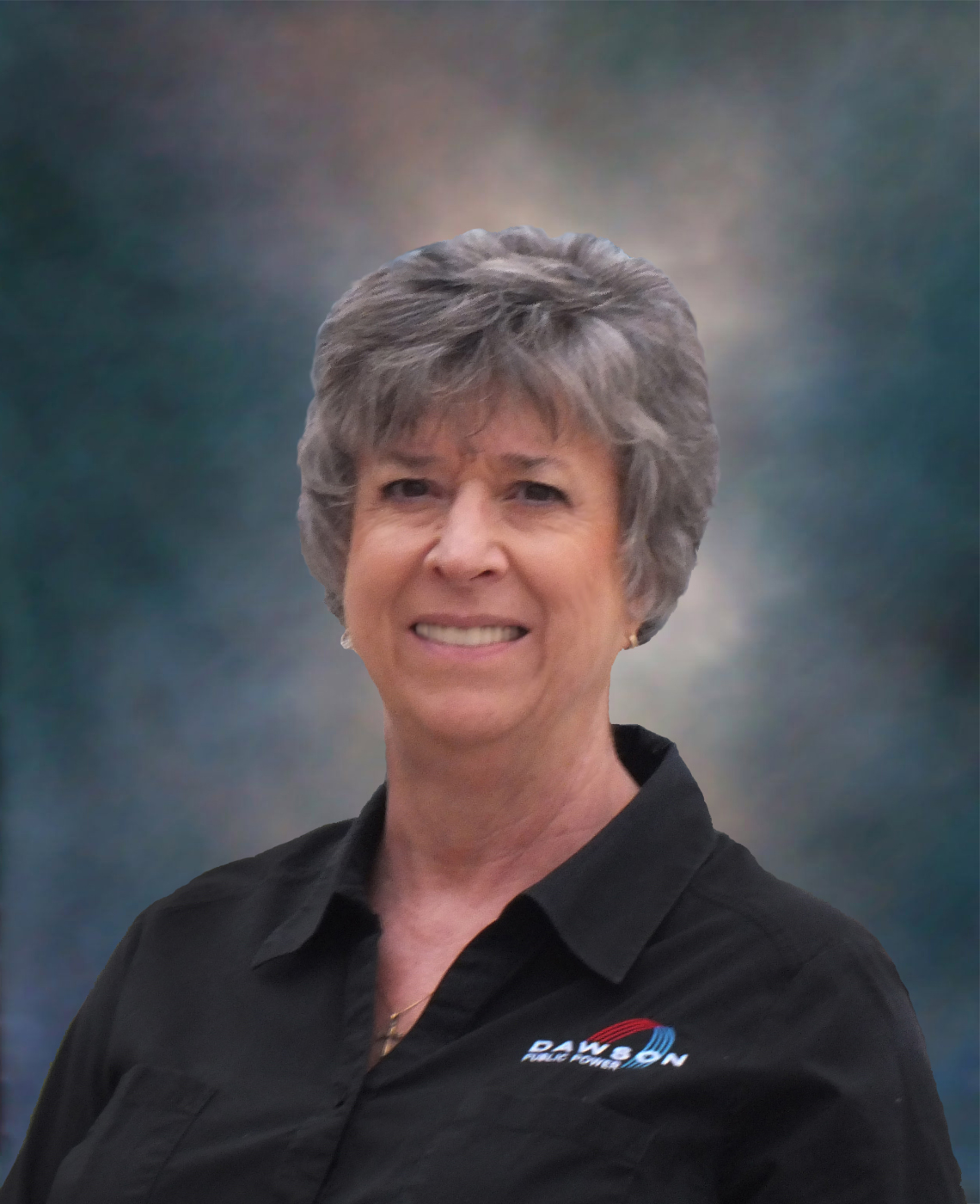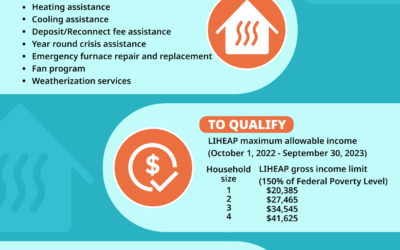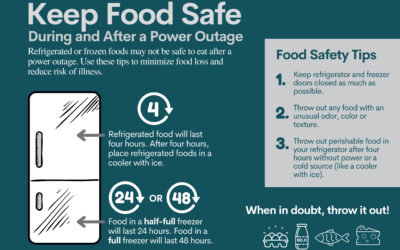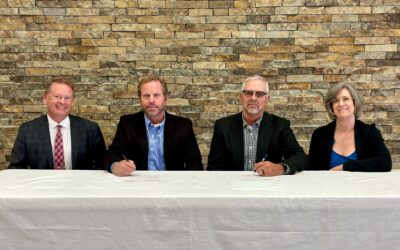
Gwen Kautz
General Manager
This column is the second of a two-part series. The first column was published in the June Dawson Dynamo Newsletter.
Last month, I wrote about new technologies that are helping to make the electric distribution system better for its users. This month, I’d like to focus on both the pros and cons of introducing new technology to the grid.
Here are some of the benefits:
- Increased efficiency: New technologies can help to improve the efficiency of the grid by reducing losses and improving power quality.
- Improved reliability: New technologies can help to improve the reliability of the grid by detecting faults in the line and pinpointing the location so our lineworkers can get to the problem sooner.
- Increased security: New technologies can help to increase the security of the grid by making it more resistant to cyber-attacks.
- Reduced costs: New technologies can help to reduce the costs of operating and maintaining the grid. Today, we can remotely check the voltage of a meter without having to send a lineworker to the location. This saves labor time and fuel costs.
- Improved customer service: New technologies can help to improve customer service by making it easier for customers to manage their energy use and get information about their energy usage. We offer a rebate to customers who install a smart thermostat to remotely control their home’s temperature.
Of course, new technology also offers challenges:
- Cost: New technologies can be expensive to implement. As with anything new, that price usually comes down, but it takes a few years. Remember when large flat screen TVs were very expensive and now you can buy a Smart TV for under $300?
- Complexity: New technologies can be complex to operate and maintain. I would say the older you get the harder it is to figure out how or why something works (or doesn’t work like it once did.)
- Standards: There are no common standards for new technologies, which can make it difficult to integrate them into the grid. We all know this simply by buying a new cell phone – that charger you had before no longer fits the new phone.
- Regulation: New technologies may require changes to regulations, which can slow down their adoption.
- Public acceptance: New technologies may not be accepted by the public, which can make it difficult to implement them. I doubt many of us are too thrilled to know a camera attached to a stoplight can register your license plates if you don’t stop – but on the upside, we are pretty thrilled if it takes pictures of a vehicle associated with an Amber Alert.
Despite the challenges, new technology is playing an increasingly important role in the grid. As these technologies continue to develop, they will play an even greater role in the future of the electric distribution system.
OTHER NEWS
Low income home energy assistance program
LIHEAP helps low income households stay safe and healthy by providing financial assistance to offset the costs of heating and cooling. What it does Heating assistance Cooling assistance Deposit/Reconnect fee assistance Year round crisis assistance Emergency furnace...
Keep food safe when the power goes out
Severe winds, lightning and even squirrels can temporarily cause the power to go out. We understand power outages of any length can be frustrating, especially when your fridge is stocked with perishable foods.
Extended power outages are rare, but when they occur, it’s important to understand food safety measures to take to avoid illness.
Here are a few food safety tips to keep in mind before, during and after a power outage.
Boards vote to consolidate
The boards of directors of the Central Nebraska Public Power and Irrigation District and Dawson Public Power District voted Monday during a joint meeting of the boards to consolidate the two districts into a single public power and irrigation district. The consolidated entity will be called Platte River Public Power and Irrigation District (PRPPID).



